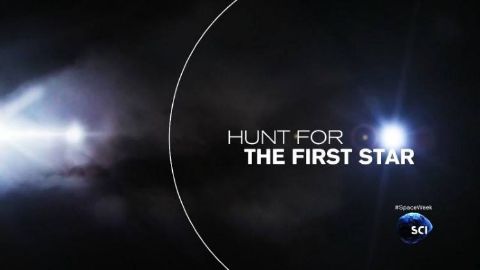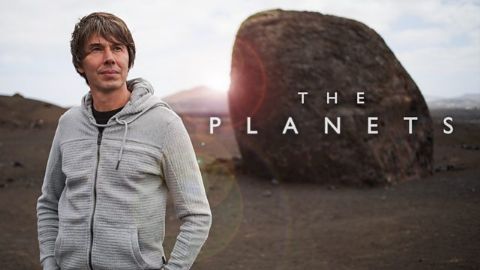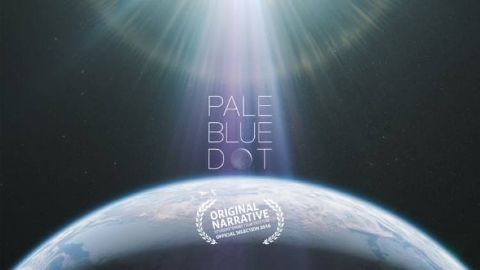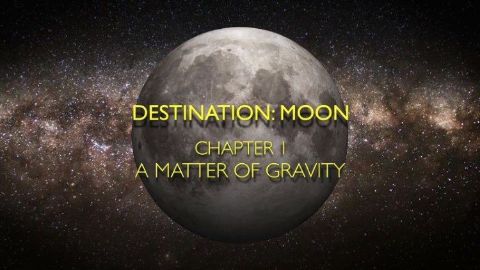Aliens • episode "S1E5" • Wonders of the Solar System
All life on Earth needs water so the search for aliens in the solar system has followed the search for water. We examine the patterns in the ice on Jupiter's moon Europa, which reveal an ocean far below with more potentially life-giving water than all the oceans on Earth. But of all the wonders of the solar system forged by the laws of nature, Brian reveals the greatest wonder of them all.
Make a donation
Buy a brother a hot coffee? Or a cold beer?
Hope you're finding these documentaries fascinating and eye-opening. It's just me, working hard behind the scenes to bring you this enriching content.
Running and maintaining a website like this takes time and resources. That's why I'm reaching out to you. If you appreciate what I do and would like to support my efforts, would you consider "buying me a coffee"?
Donation addresses
BTC: bc1q8ldskxh4x9qnddhcrgcun8rtvddeldm2a07r2v
ETH: 0x5CCAAA1afc5c5D814129d99277dDb5A979672116
With your donation through , you can show your appreciation and help me keep this project going. Every contribution, no matter how small, makes a significant impact. It goes directly towards covering server costs.










